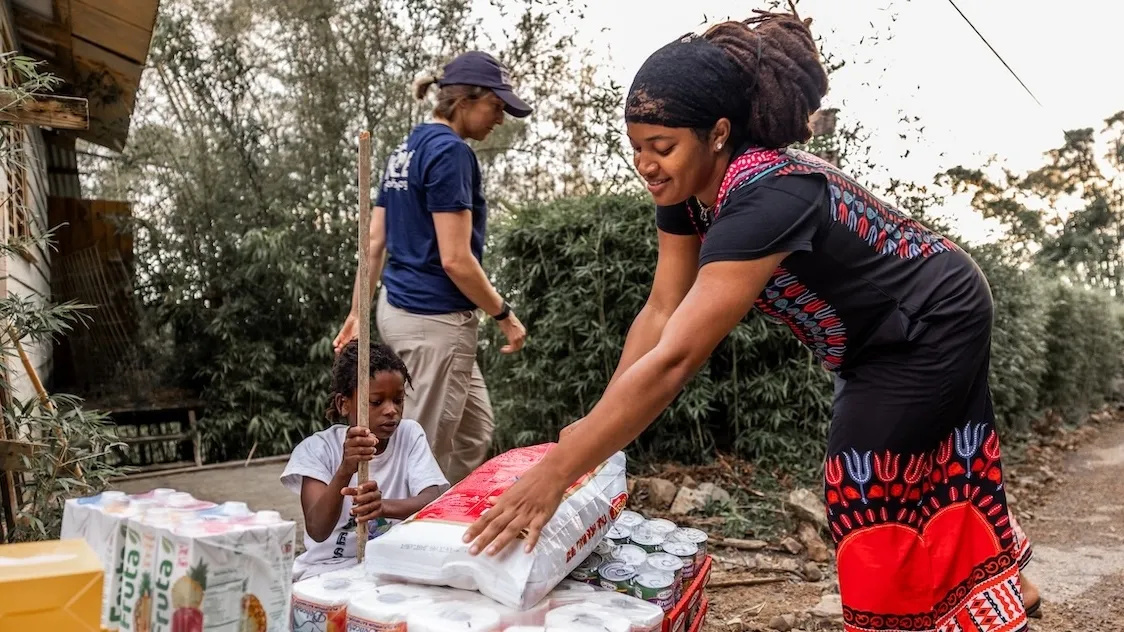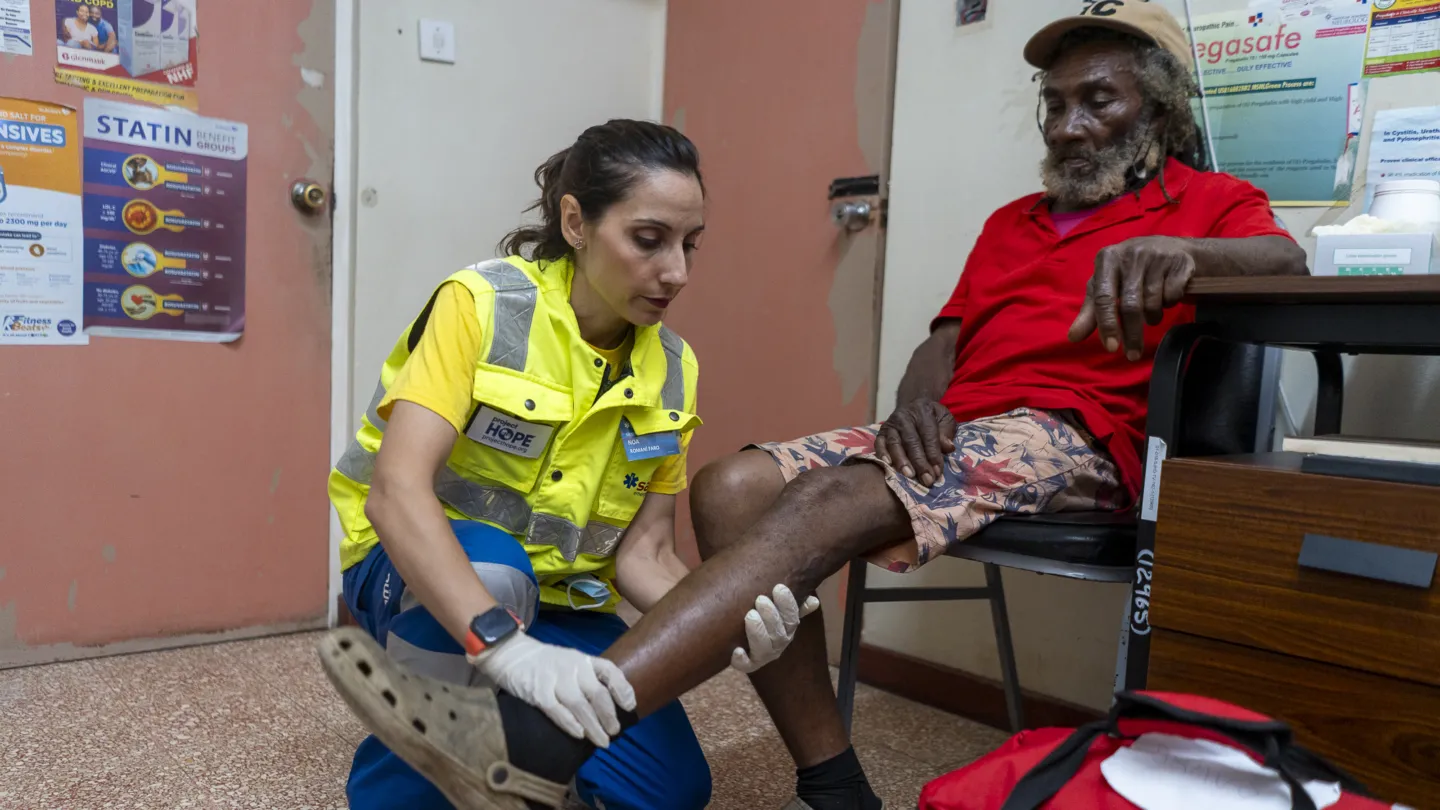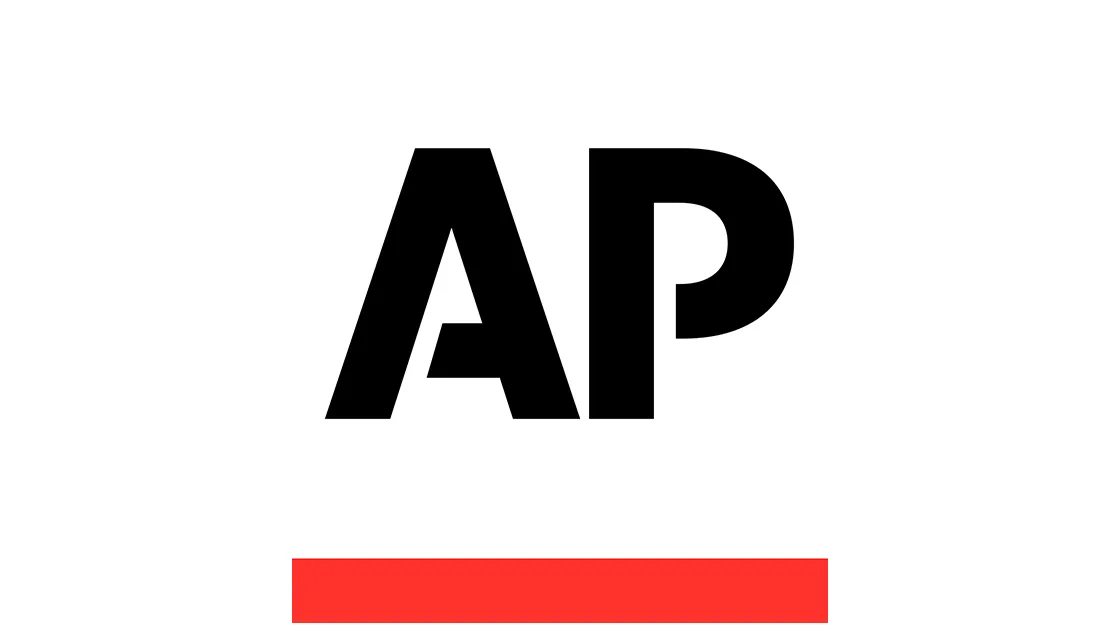They Were Dying. A Charitable Clinic Saved Their Life.
In Missouri, free and charitable clinics are building trust and saving the most at-risk populations from falling through the cracks of the U.S. health care system.
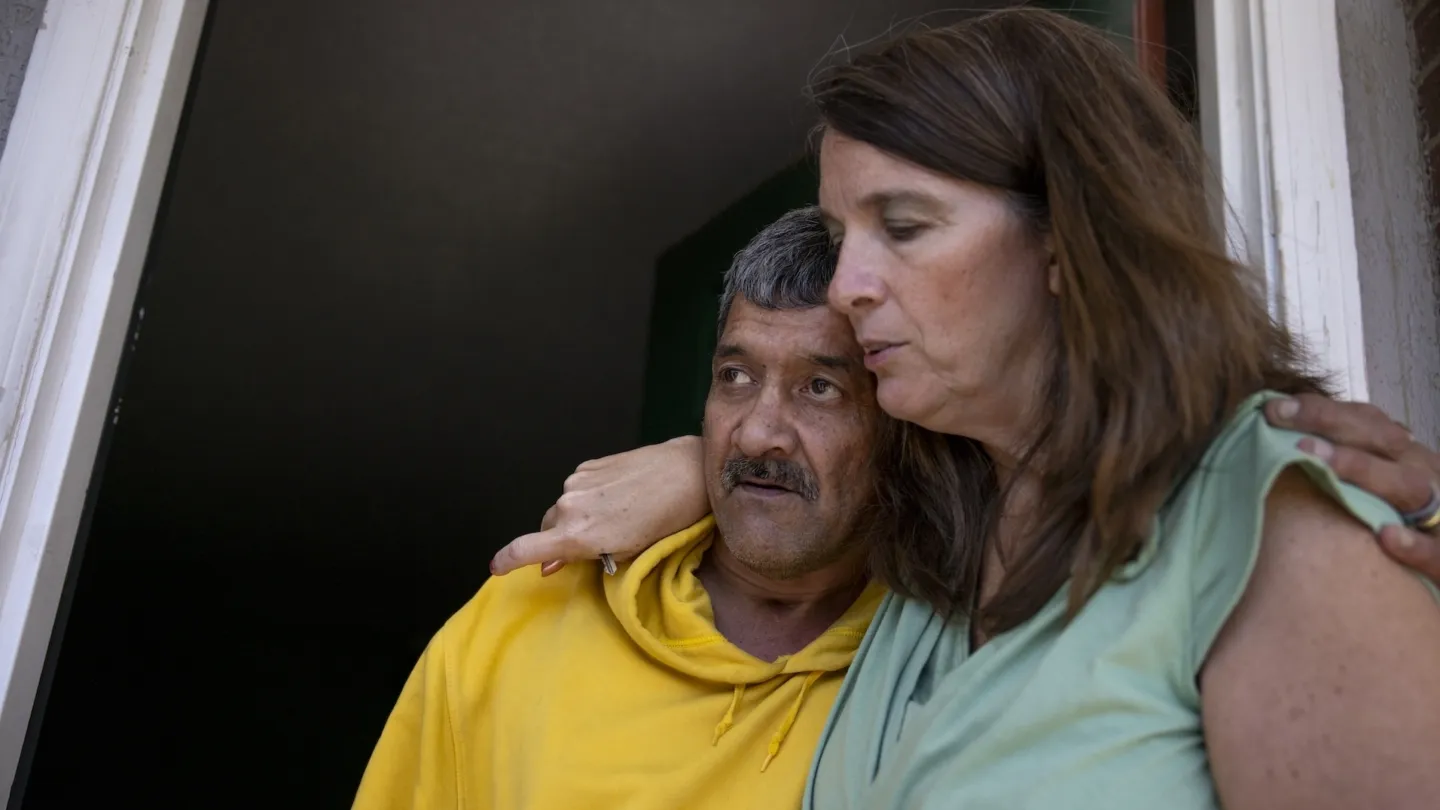
The day Amy and Lisa McBride had to call an ambulance was their breaking point.
Amy, who was unknowingly living with diabetes, had begun having seizures — a clear sign of how far her condition had progressed. Her blood sugar levels were critically out of balance and her body was in deep distress. But because she didn’t have health insurance, she had no way of knowing. She hadn’t been able to visit a doctor and had no access to medication that could have stabilized her condition.
Over time, the unmanaged disease had quietly escalated into a life-or-death emergency.
“It would have been nice to have a doctor before that diagnosis, and instead of having to take a ride in an ambulance because I didn’t know that anything was wrong,” Amy says.
For a long time, the emergency room was their only option — an expensive last resort that could leave them with thousands of dollars of medical debt and no continuity of care. Then they found The Community Clinic of Southwest Missouri, a free and charitable clinic (FCC) that serves low-income and at-risk individuals in the city of Joplin.
At the clinic, they finally received the care they needed. Amy began managing her diabetes and Lisa got help with her hypertension, no longer relying on ER visits just to get by.
“It’s changed everything,” Amy says. “We’re able to actually take care of ourselves.”
The couple even received their COVID-19 vaccines at the clinic, which were provided by Project HOPE in partnership with Moderna.
“It’s like one big old family in here,” Lisa says. “If you have a question, you can always ask, and they’ll point you to the right person. Some places treat you [poorly] because they know you’re lower income and make you feel worse than you already did. But they don’t here.”
Now, with regular care, both Amy and Lisa have changed their diets, feel stronger and healthier, and are able to do more in their daily lives.
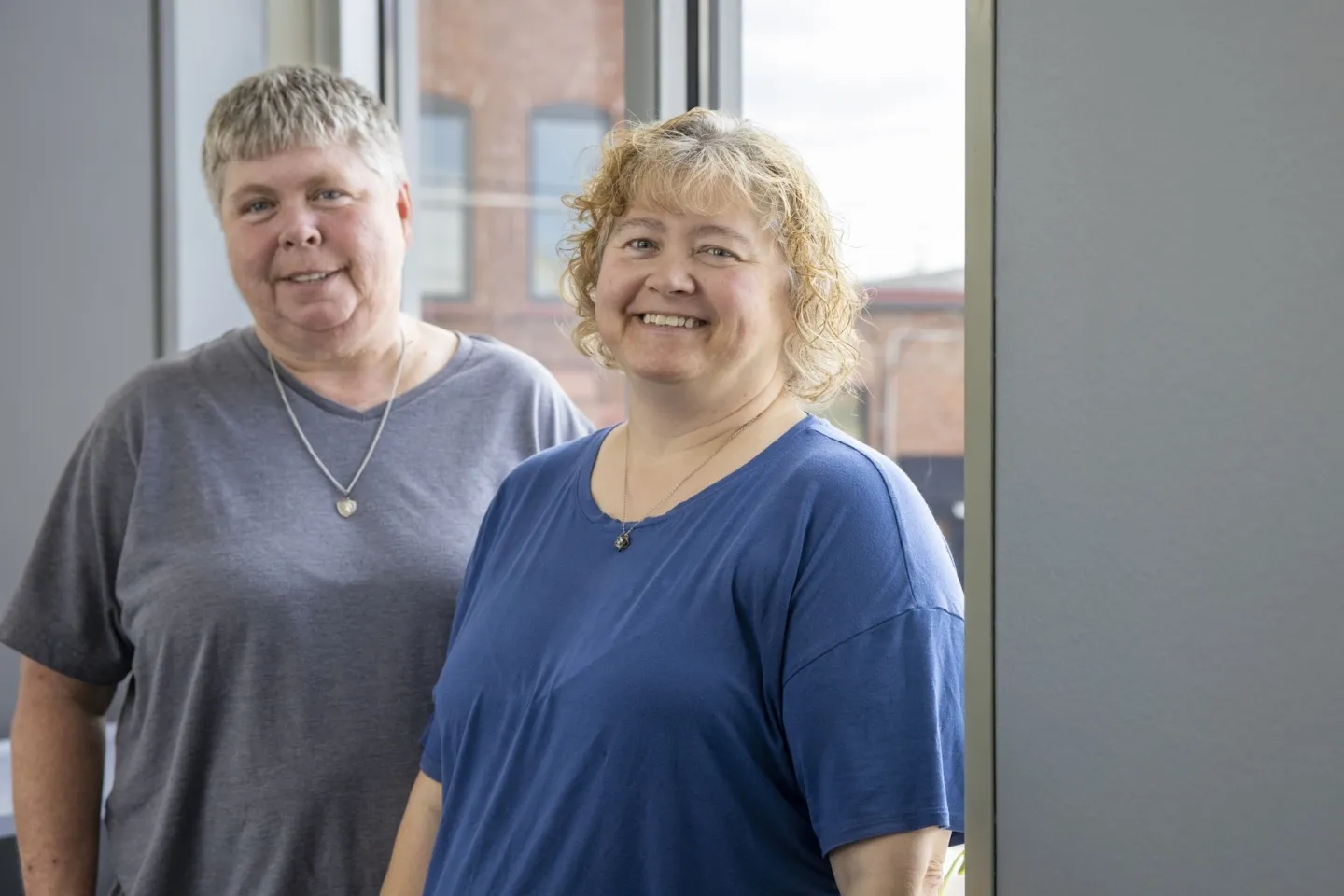
Free and charitable clinics like The Community Clinic of Southwest Missouri are a lifeline for millions of Americans, filling the gaps of the formal health care system.
The Joplin clinic has been in operation for 32 years, providing doctor visits, labs, pharmaceuticals, and imaging at no cost for those like Amy and Lisa, who would likely otherwise go without health care. The clinic sees 5,000 people a year.
“Every time I visit a free and charitable clinic, I am struck by how many everyday Americans need help with accessing health care,” says Harley Jones, director of domestic programs for Project HOPE. “Sometimes it’s a choice between buying groceries, getting medication, or covering other basic needs, in an environment where everything is more difficult to afford.”
The recently passed federal budget bill will further strain access to care — and increase the pressure on FCCs to meet growing demand. It’s projected that 12 million people nationwide will now lose Medicaid by 2034.
“With the looming cuts to Medicaid, clinics will see an increase in patient numbers, especially in the states where Medicaid has been expanded through the Affordable Care Act, which is the case in Missouri,” says Anna Jackson, a program officer for Project HOPE.
Before the statewide expansion of Medicaid in 2013, around 13% of Missourians didn’t have health insurance. Since the Affordable Care Act took effect, that number has been nearly cut in half — but that progress is now at risk of being reversed.
“There are so many ways this is going to impact uninsured and underinsured folks and people with Medicaid,” Jackson says. “All of the additional services that a state might have added to their Medicaid program are probably going to get cut. Specialty care, pediatrics, and other essential services are going to be even more crucial.”
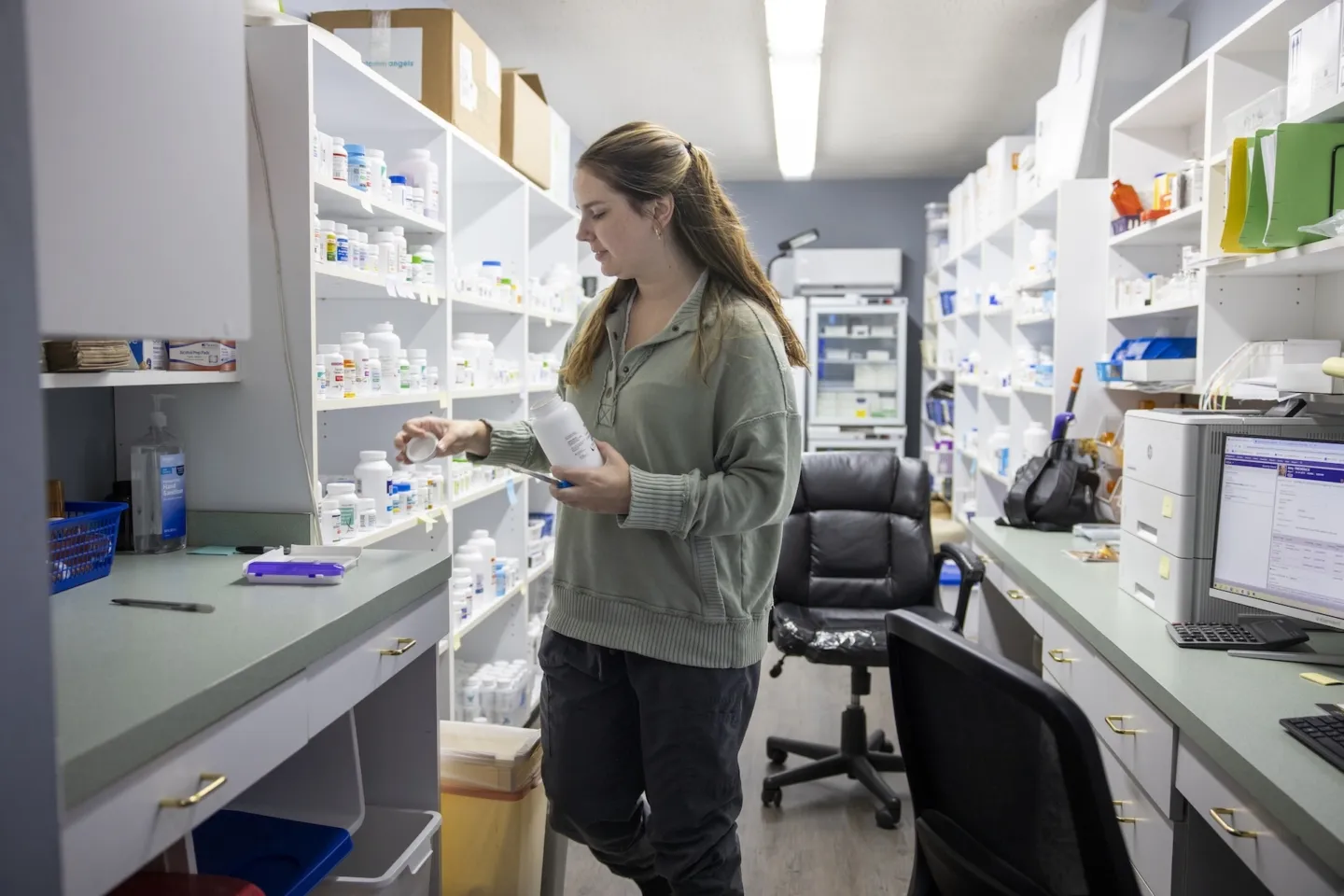
At Care Beyond the Boulevard, another Missouri clinic that has been supported by Project HOPE, volunteers and staff go far beyond the traditional bounds of the health system, helping patients like Frank Cylas, a veteran with post-traumatic stress disorder (PTSD), overcome systemic barriers to care.
Cylas has been homeless for 28 years and is epileptic, a condition worsened by an alcohol use disorder. With assistance from staff at CBB, he has been able to get an ID card, file for Medicaid, and apply for housing, which he will be moving into soon. If it weren’t for CBB, he says, he says he’d “probably be dead or back in prison.”
CBB operates eight weekly and five biweekly walk-in clinics offering medical and dental services and conducts street outreach via mobile medical units to serve homeless and uninsured communities in Kansas City.
“We go to where people are,” says CBB founder and CEO Jaynell “KK” Assmann, who Cylas describes as his “ace in the hole.” “A lot of our patients have experienced so much medical trauma. They trust us because we keep showing up. … We say: ‘We love you. We’re here for you. You matter.’”
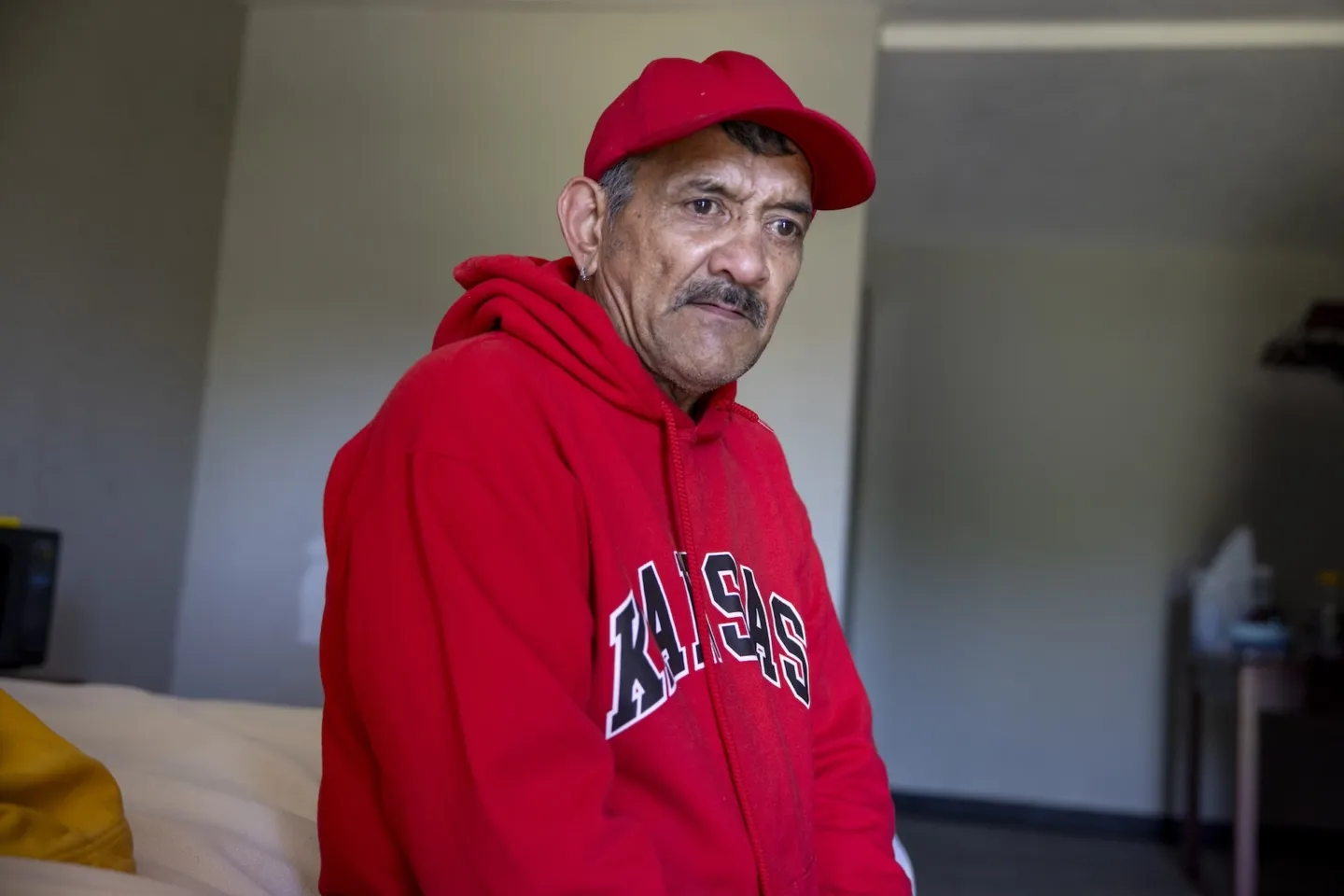
Care Beyond the Boulevard relies on 350 volunteers and donated supplies to provide care to its patients. Between 2024 and 2025, Project HOPE supplied CBB with COVID vaccinations from Moderna, and the clinic held vaccine drives in encampments and outdoor spaces to reach people experiencing homelessness.
CBB has seen significant success in improving vaccine literacy and reducing hesitancy as a result of the relationships they build with their patients. Many patients say they got vaccinated only because they trust the clinic — they wouldn’t have gone to a pharmacy or mass vaccination site, even when incentivized with $100 gift card.
For many across the country who find respite at FCCs, it’s this trust that provides the foundation for receiving lifesaving care. Now, as access to health care is increasingly in jeopardy for many Americans, providing continued support to these clinics will be critical as ever.
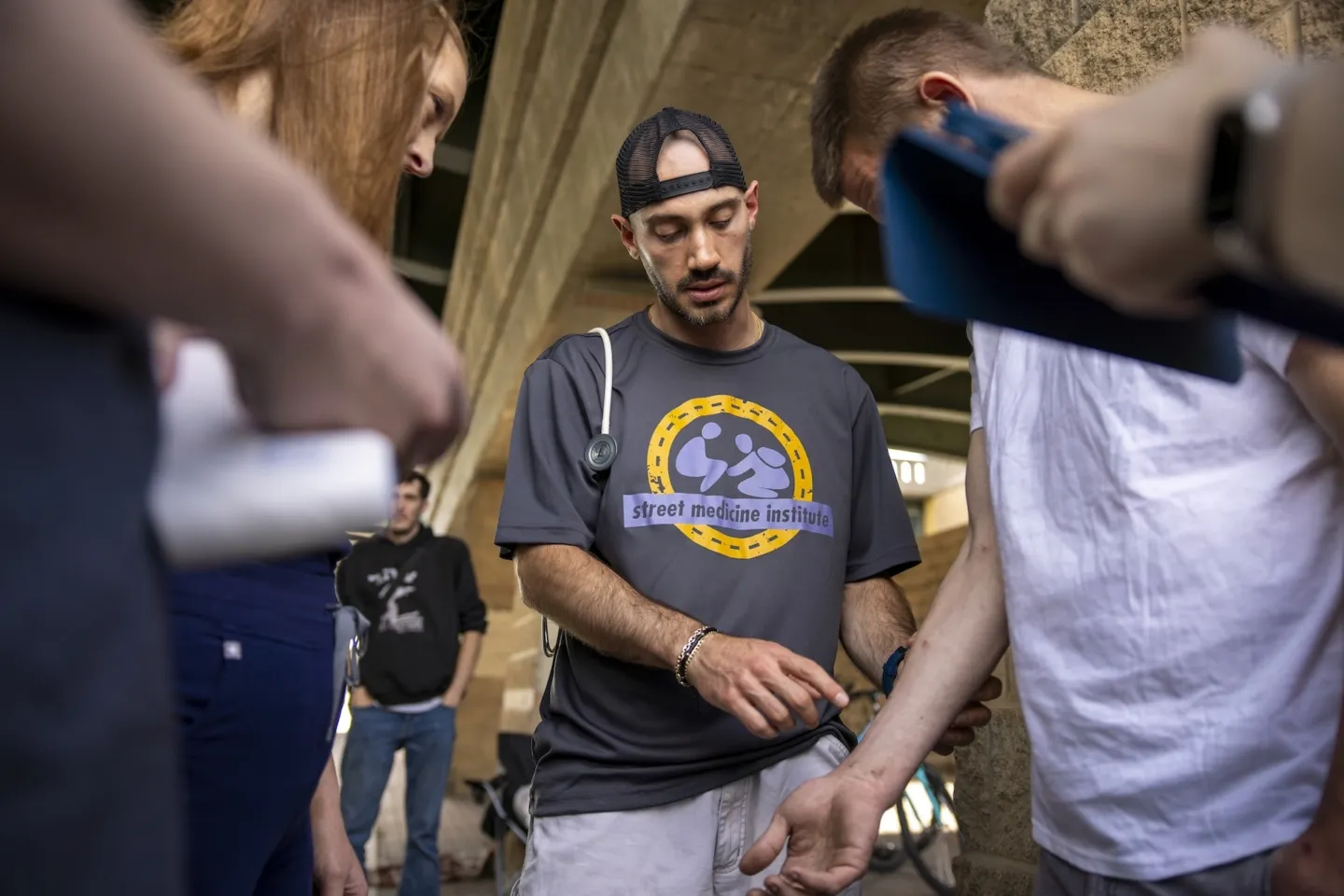
Project HOPE will continue working in Missouri and across the U.S. to expand support to FCCs — providing clinics with the supplies, staffing, and funding needed to effectively serve millions of uninsured and underinsured individuals and families.
“Supporting free charitable clinics in our own communities is one of the most cost-effective ways we can help those around us,” Jones says. “Volunteer, advocate, fundraise… Find out who’s providing free health care in your community and figure out how you can help and support them.
“As health care continues to get more expensive and options for coverage decrease, free and charitable clinics will continue to play an important role in ensuring that the families in our communities have access to quality care.”

